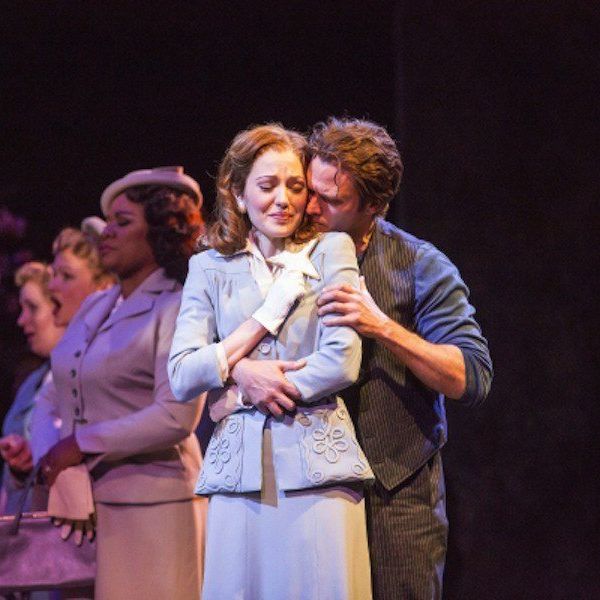Disclaimer: I have performed in operas where the libretti for some productions were translated into English. As a purist, I might not always agree with singing a new English libretto, but I still value my operatic ventures with my colleagues over the years. This article is in no way meant to trash my experiences throughout the past few years. Rather, I am reflecting on them in hopes of re-imagining the future of opera in both the professional and academic settings.
One of the most hotly debated topics in opera, aside from modernizing certain works, is the issue of translating operas into a language different from the one in which they were written.
While this practice is more common throughout Europe than in the United States, it is usually done in the U.S. (in this case, Italian/French/German to English) in university settings. As someone who has attended and studied operas since they were 10 years old, I’ve had mixed feelings for several years about operas being performed in a language other than their original one.
In this article, I will explain why I have such big qualms about this practice.
First is the issue of original text becoming lost in translation with a new text. I treat opera as I do similar media that I love, such as foreign film and anime. I want to experience these media in their original format as their original audience would have viewed them (albeit with English subtitles in my case).
Often with English dubs, the effect of the translations and new voices manipulates and erases the impact and the context of the original text. One of the biggest examples of how text becomes lost in translation is in Tchaikovsky's "Eugene Onegin," based on the Pushkin verse novel of the same name.
In the opera's most famous scene, the character Tatiana, a country girl, tries to write a love letter to Onegin, a wealthy aristocrat. The Russian text's literal translation is:
"Let me die, but first
let me summon, in dazzling hope,
bliss as yet unknown.
Life's sweetness is known to me!
I drink the magic potion of desire!
I am beset by visions!
Everywhere, everywhere I look,
I see my fatal tempter!
Wherever I look, I see him!"
However, the English National Opera's 1992 production of the opera used a new translation which makes the English lyrics fit the vocal melody:
"To write is foolishness, I know it,
but as I love him, I must show it.
And though I languish evermore,
I'll learn what rapture lies in store!
Desire has poisoned me with longing;
all day I only think of him.
For though I hide in my despair,
my fatal tempter finds me there."
This translation removes the references to Tatiana's will to put herself out of her misery with death, as well as comparing Tatiana's desire to a medicine or antidote. The new text removes the extremities of her emotions in favor of fitting the vocal melody.
Another issue that I have with sung English translations is that they are distracting not only to the audience, but to me as a performer. When I hear or learn an aria well enough to know what to expect in the original language, it disrupts my thinking to hear a watered-down, English version of the text.
On top of that, English is not an ideal language for singing because of the many diphthongs and variations of vowels and consonants from Italian, a far better language for singing.
Perhaps the largest issue I have with sung English translations is their use in academic settings. English translations are frequently used in various high school and collegiate environments in an attempt to make the material more "accessible." However, with the advent of both surtitles and online translation services (thank God for Google Translate), singing the editors' translations is unnecessary.
The reality is that the vast majority of opera companies around the world perform their works in the original language to honor the composer and librettist. Consequently, singers who are training to become operatic professionals should be singing works in their original language as much as possible.
Ultimately, I am sure that the debate over linguistics in operatic performance will linger for years to come. Nonetheless, I believe it is important for opera companies and their impresarios to consider original language as a tool for preserving opera's sanctity.




















